The unity in the House, for once, was admirable but without a sustained campaign on the ground, visuals are futile
In the end, a moral victory is inconsequential, simply because it doesn’t change the facts on the ground. As noted American satirist HL Mencken said, “In human history, a moral victory is always a disaster, for it debauches and degrades both the victor and the vanquished.” So though, for once, the Opposition seemed to have got its way in meeting the President over the farm Bills and was united against the Government’s gross subversion of parliamentary procedures in rushing through them in the Rajya Sabha by a voice vote despite lacking the numbers, what stops the new laws? The President is not likely to withhold assent or send the Bills back except granting an audience. Even if he were to do so hypothetically, they would be passed again, with or without any amendments, as the ruling BJP has an absolute majority in the Lok Sabha and has already set a precedent of passing debatable Bills by voice vote without discussion, deliberation or consensus. Besides, the President is not bound to act within a time-frame. And the way more Bills were passed even as the entire Opposition stayed away from the House in protest, it looks like the ruling party has no compunction in reducing an august institution to a stamping authority. So Opposition members can speak and cry hoarse all they want but cannot seek solace in parliamentary procedure or vetting by committees to stop motivated laws from being enacted. And when it comes to street fights, last year’s general elections showed us how the members of the grand anti-BJP alliance frittered away their best intentions to their selfish, regional interests. Till that cohesiveness congeals as a single movement, there cannot be any hope for the Opposition.
Worryingly, the Upper House passed three key labour reform bills that ought to have been discussed and debated given their sensitive nature. The Government has enough numbers in the Lok Sabha to override dialogue and even if outnumbered in the Rajya Sabha, it knows it can hijack debate by provoking the Opposition enough and use a voice vote in the resultant din. Or simply take advantage of a boycott. The three Bills relate to new labour codes on industrial relations, social security and occupational safety, all in the name of easing business while diluting workers’ rights. Nobody expects the Government to be unreasonably welfarist but in a post-pandemic economy that has witnessed record joblessness, it allows companies with up to 300 workers to fire staff without government permission. The Government, however, feels that this would actually encourage employers to hire more than the previous limit of 100 and, in fact, create jobs. But employers in stressed times are hardly expected to be altruistic and given that our unorganised labourers comprise a big chunk of the country’s workforce, they continue to be exposed to vagaries of market forces. The Rajya Sabha also passed the Foreign Contribution (Regulation) Amendment Bill, 2020, which ostensibly provides a framework under which organisations in India can receive and utilise grants from foreign sources. This is an umbrella watch on what is unsuitable to this Government the most, namely NGOs, research organisations, think tanks and civil society activists. And the carefully enunciated regulatory mechanism envisaged by the Bill, of course, remains vague about the conditions under which it can be used, lumping them as anything that is detrimental to “national interest.” Nobody denies the need for greater transparency when it comes to activities sponsored by foreign sources but would that also be used to vet the PM Cares Fund, which is currently exempted under FCRA, or selectively be applied to “anti-national” NGOs? Or does the Government believe that NGOs shouldn’t exist to point out gaps in its policies and implementation? Besides, most of these organisations have a high record of tax compliances over the years but by making Aadhar and SBI bank accounts mandatory for receipts, the Bill implies tighter controls and increased transaction costs, which are meant to create more impediments. This is just a way to stifle and discourage independent voices than a clean-up as is being proposed. It is the same kind of doublespeak that is latent in the farm Bills. On the face of it, they look reformist, dismantling the heavily cartelised Agricultural Produce Market Committees (APMCs) and middlemen, and allowing farmers freedom of movement and trade. Question is some of them do not have the investable resources or the expertise for an outreach beyond their geographic limits and would have to depend on “traders” or the corporations. The smaller and marginal farmers are not literate or educated enough and would not be able to counter the heft of corporations in negotiations and price fixing. In that sense, they could still end up being exploited as before. The farmers fear that in an open, competitive market, they would not get the minimum support price (MSP) that the Government promises to continue and given the diversity and multiplicity of markets, the guaranteed official procurement would be hit over time. Besides, nowhere do the Bills insist on the MSP as a criterion of farm pick-ups by “traders” and “sponsors.” They would, therefore, still be in crisis and at the mercy of the dictates of marketers. Besides, the proposed laws are still vague on defining the mechanisms that would replace the regulated economy. This kind of obfuscation has become so familiar that it is in danger of becoming the norm than the exception. And without Question Hour in Parliament, it’s time the questions are asked on the streets. The farmers’ ire may just be the beginning of the next electoral plank.
(Courtesy: The Pioneer)







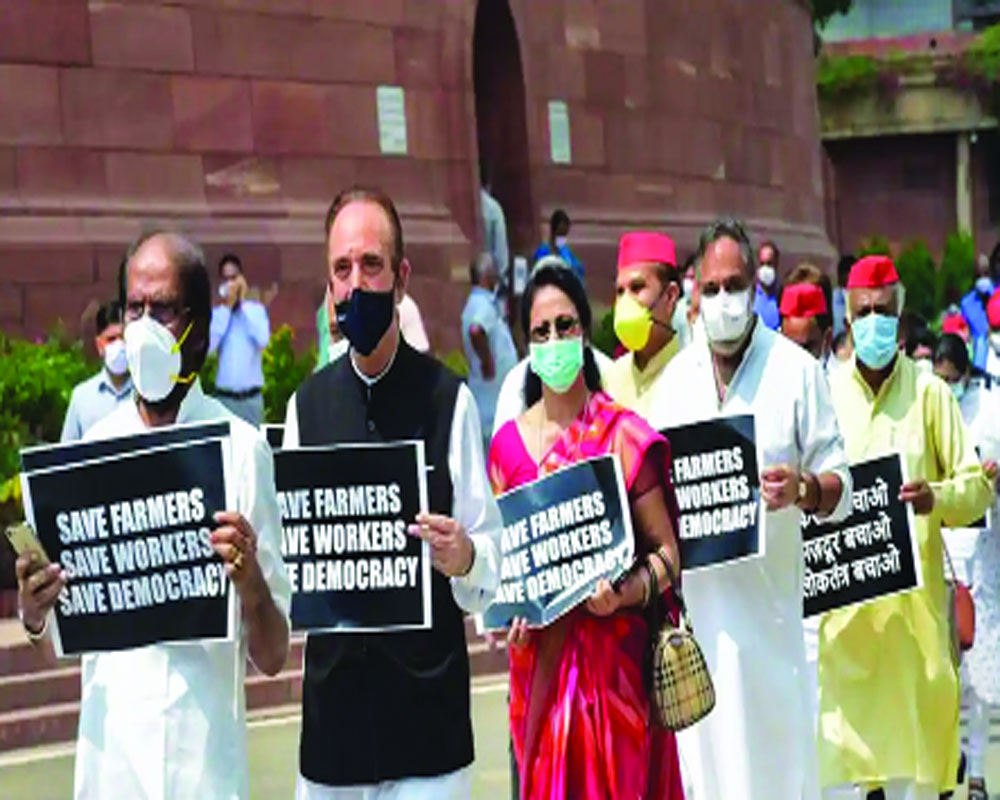
 OpinionExpress.In
OpinionExpress.In




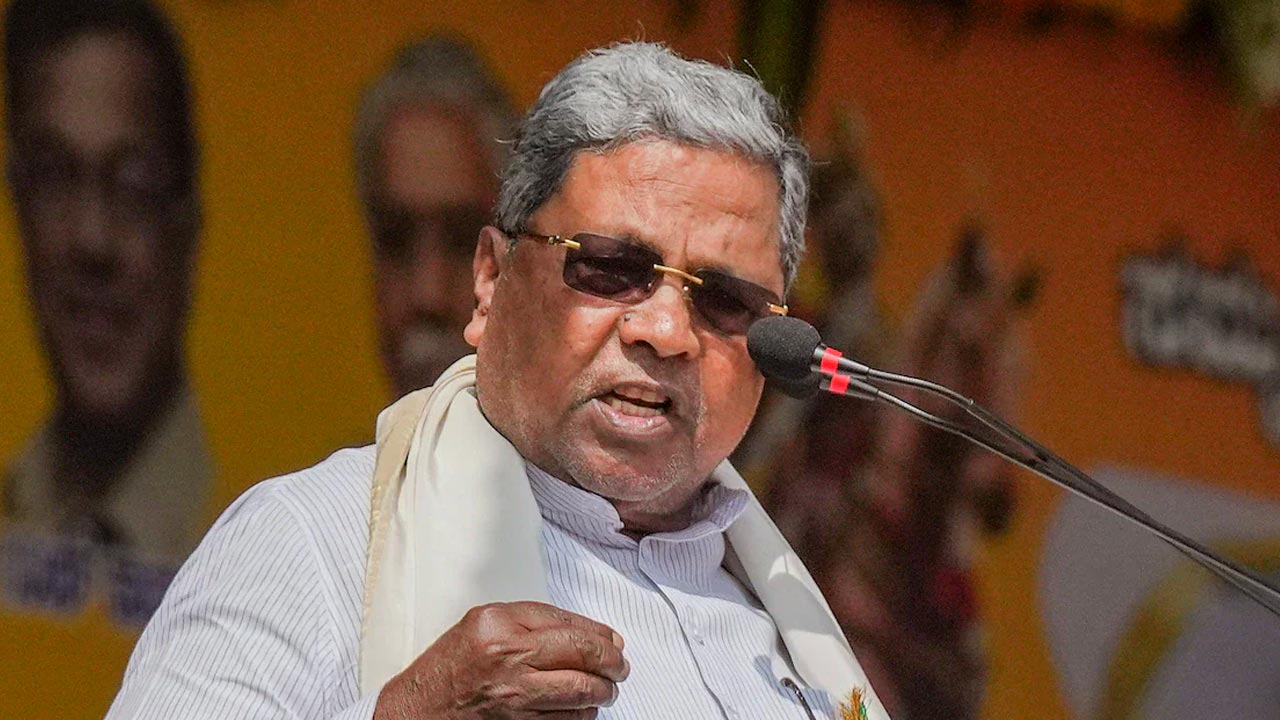
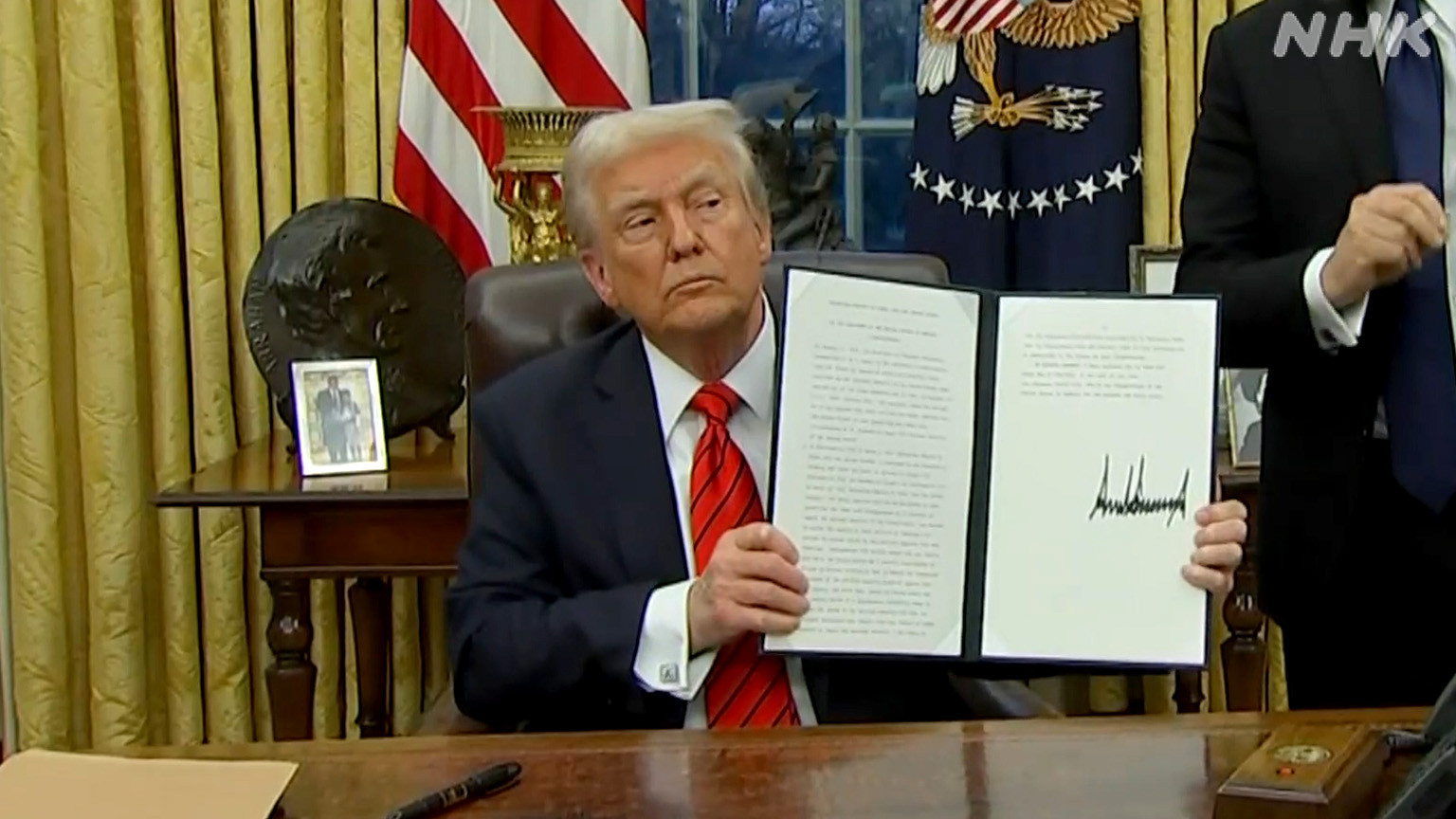
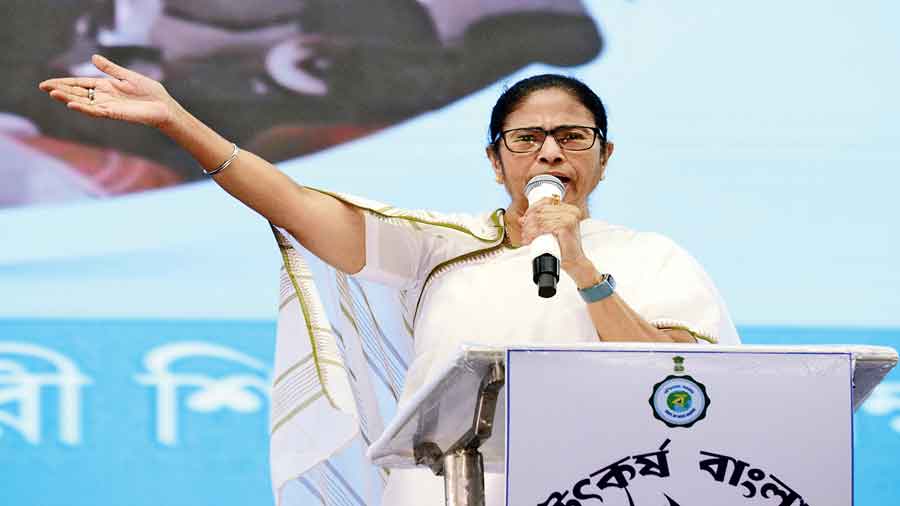
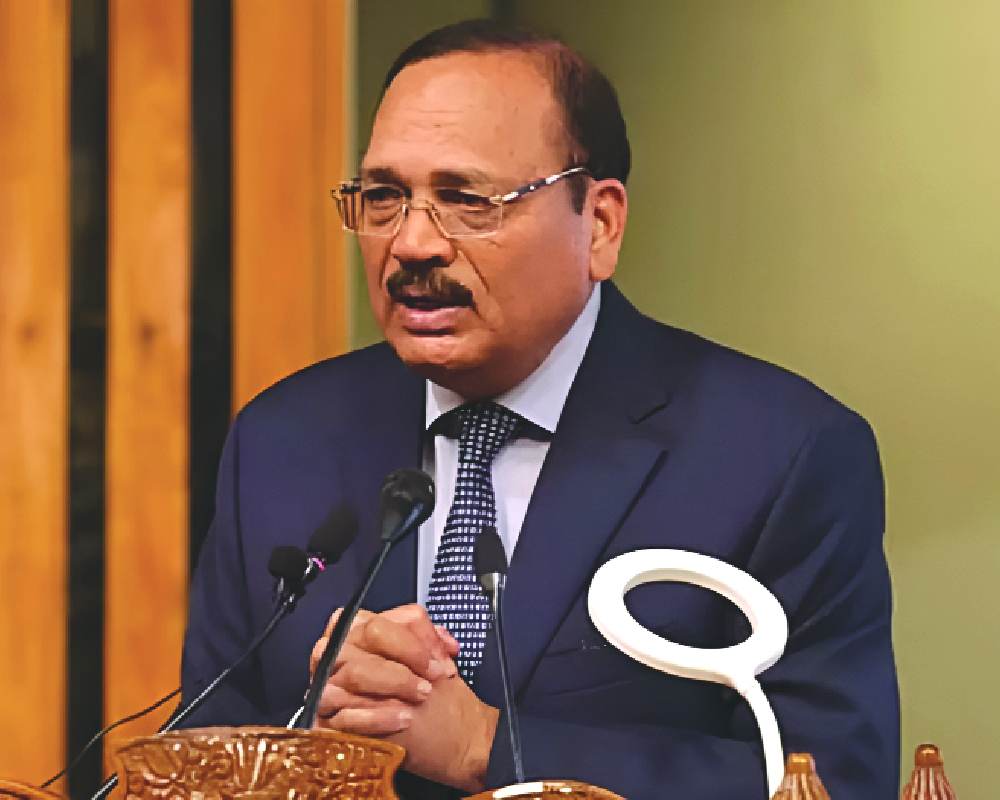
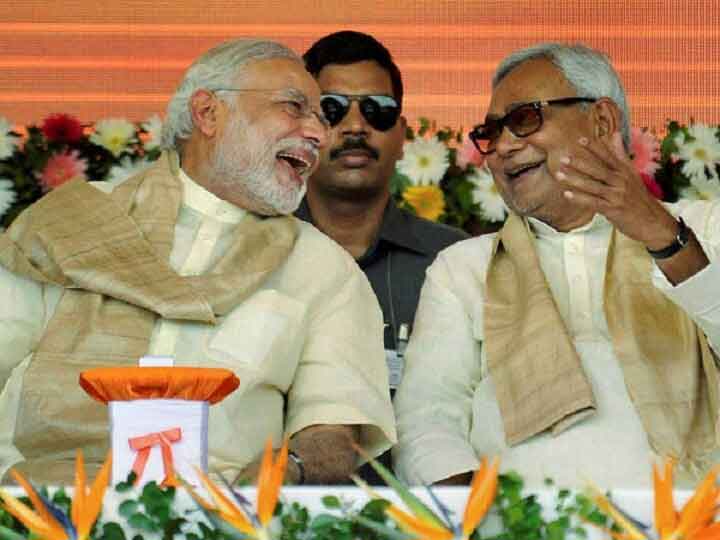






Comments (0)